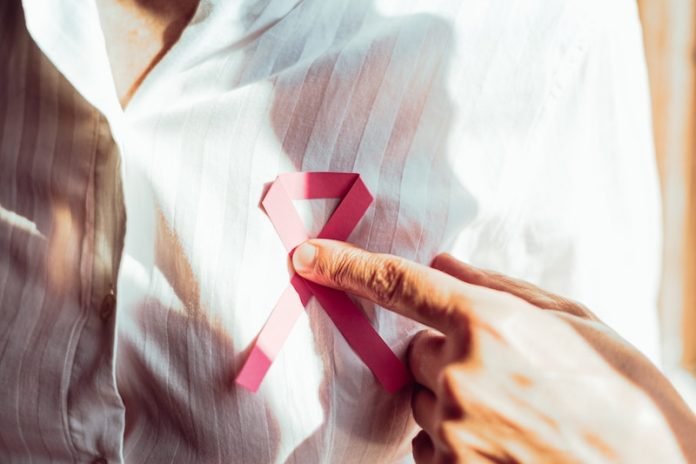
Researchers at the University of Basel have made a new discovery that could lead to better treatments for advanced breast cancer.
They found that a drug called alpelisib, which is used to treat advanced breast cancer, doesn’t always work because cancer cells develop resistance to it.
The researchers discovered that when a gene called neurofibromin 1 (NF1) is lost, cancer cells become resistant to alpelisib.
This gene helps suppress the growth of tumors, so its loss is a big problem when it comes to treating breast cancer.
However, the researchers also found a possible solution to this problem: a dietary supplement called N-acetylcysteine.
They discovered that taking this supplement can restore the sensitivity of cancer cells to alpelisib, meaning the drug can work again.
N-acetylcysteine is already widely used as an expectorant and as a dietary supplement, and is considered safe.
The researchers discovered that the loss of the NF1 gene affects the cell’s energy reserves, causing it to switch to other energy production pathways.
N-acetylcysteine also affects energy metabolism in a similar way, but surprisingly, it restored the effectiveness of alpelisib in resistant cancer cells.
It did this by intervening in another signaling pathway that plays an important role in tumor growth.
The researchers believe that combining alpelisib with N-acetylcysteine could be a more effective treatment for advanced breast cancer.
They are now planning to conduct clinical studies to test this theory.
If the studies are successful, it could lead to better treatments and more positive outcomes for people with advanced breast cancer.
How to prevent breast cancer
There is no guaranteed way to prevent breast cancer, but there are several things that can be done to lower the risk of developing it. Here are some ways to help reduce the risk of breast cancer:
Maintain a healthy weight: Being overweight or obese increases the risk of breast cancer, especially after menopause. Losing weight through a healthy diet and exercise can help reduce the risk.
Exercise regularly: Regular physical activity can help lower the risk of breast cancer. Aim for at least 30 minutes of moderate-intensity exercise most days of the week.
Limit alcohol intake: Drinking alcohol, even in small amounts, can increase the risk of breast cancer. It is recommended to limit alcohol intake to no more than one drink per day.
Quit smoking: Smoking has been linked to an increased risk of breast cancer. Quitting smoking can help reduce the risk.
Breastfeed: Women who breastfeed for a longer period of time have a lower risk of breast cancer than those who do not.
Get screened: Regular breast cancer screenings, such as mammograms, can help detect breast cancer early when it is most treatable.
Know your family history: Women with a family history of breast cancer may be at a higher risk and should discuss their risk with their healthcare provider. In some cases, genetic testing may be recommended.
Remember, while these tips can help reduce the risk of breast cancer, they cannot guarantee prevention. It is important to discuss any concerns or questions about breast cancer prevention with a healthcare provider.
If you care about cancer, please read studies that low-carb diet could increase overall cancer risk, and vitamin D supplements strongly reduces cancer death.
For more information about nutrition, please see recent studies about how drinking milk affects risks of heart disease and cancer, and results showing dairy foods may be linked to liver cancer and breast cancer.
The study was conducted by Rogier W Bentires-Alj et al and published in Cell Reports Medicine.
Copyright © 2023 Knowridge Science Report. All rights reserved.



